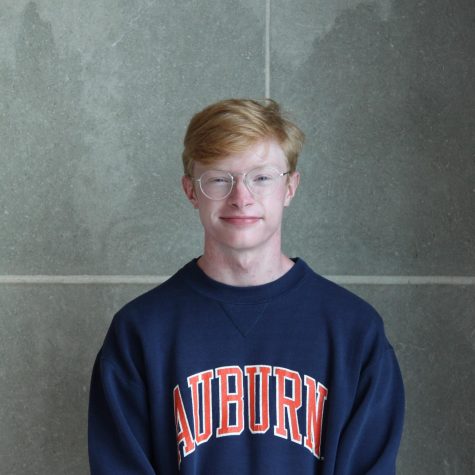Fining students a drastic administrative overreach
May 29, 2022
In a recent investigative report by the Chicago Tribune and ProPublica, it was revealed that Illinois students receive fines from local police departments for behavior that is typically handled within school systems.
For these students, the system around these fines and how they are issued and processed is a far cry from fair or typical.
The first major problem found within this means of punishment is the surprising lack of lawfulness. Regardless of obvious moves to make the practice illegal, Illinois school districts found ways around the problem.
“A student may not be issued a monetary fine or fee as a disciplinary consequence,” according to a public act from the Illinois General Assembly. However, this act did not outlaw districts from referring students to the police.
Instead of issuing fines directly, Illinois school districts use local law enforcement as a medium so that they can continue to issue fines.
Perhaps the most significant wrinkle in this entire system is the fact that referring students to local entities is also illegal.
Ultimately, the school districts of Illinois do not have the right to fine students. Regardless of this fact, The Chicago Tribune and ProPublica “documented more than 11,800 tickets issued during the last three school years.” Additionally, they found that “tickets were issued to children as young as 8.”
Another issue with fining students is that the hearings they are subjected to as a result are not always presided over by judges. Instead, Hearing officers preside over these hearings. These officers don’t have the training or knowledge of an actual judge, so students who go to court to try to get their fines reversed are often met with a lack of due process.
Throughout the investigation of this issue, blame was passed from party to party. In the end, there really is no single entity that takes responsibility for the issues this system creates.
In an extension of their initial investigation, the Tribune and ProPublica revealed that these tickets were very disproportionate in their distribution.
Among the schools where ticketing was most prominent, there is a significant disconnect between the number of students of color and issued tickets.
“The analysis found that about 9% of those students are Black but nearly 20% of tickets went to Black students.”
Experts also agree that black students do not misbehave more frequently.
“There is an abundance of research that shows that Black students are not engaging in more severe behavior, that they receive punishments that are harsher for the same behavior,” said Russ Skiba, a professor and research expert on educational equality.
Ultimately, the system built around ticketing lacks the ethical foundation and tangible results to work in the way that was intended. Considering the precedent that this system sets for the disproportionate punishment of students of racial minorities, the rules against ticketing need to be properly enforced in Illinois.







